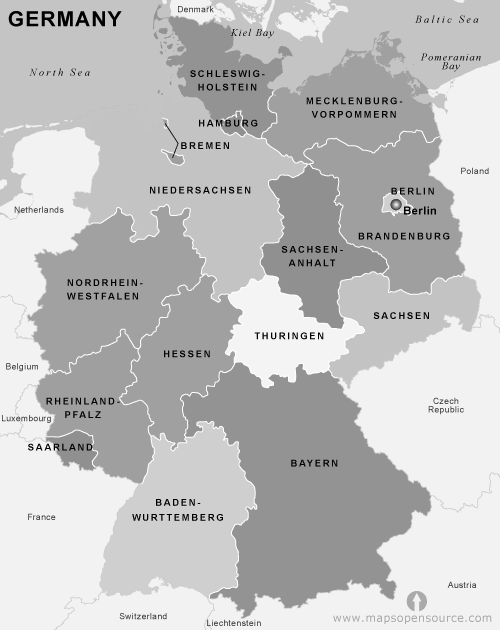How does the ethical review process work in Germany and which are the designated ethics committees?
Germany has a total of 53 research ethics committees, 33 attached to Faculties of Medicine/Universities, 17 attached to Medical Associations (“Ärztekammern”) in the States and 3 attached to States governments.
With the 12th Revision to the Federal Drug Law (“Bundesarzneimittelgesetz”) and implementation of EU-Directive 2001/20/EC on Good Clinical Practices (4th of August 2004), it was defined that a drug trial may only be begun with the favorable opinion of a REC established in conformity with State Law (“Landesrecht”) and with the approval given by the competent Federal authority.
With the “Law for the Amendment of Provisions concerning Regulations in the Drug Field” (Gesetz zur Änderung arzneimittelrechtlicher Vorschriften), which entered into force in 2009, RECs may withdraw a favorable opinion. They are not obliged to perform any kind of active monitoring. The same regulation is given by the revised “Law on Medical Devices” (Medizinproduktegesetz). This law prescribes, in alignment with the drug law that RECs are to be established in accordance with the State law (Landesrecht).
The competent REC is to issue the “single opinion” for multicenter trials. In multicenter trials, local RECs are charged only to assess the qualification of the researchers and the suitability of the study site.
For studies performed by an investigator attached to a university, the REC of the Faculty of Medicine or of that University assesses the research. For studies carried out by an investigator outside a university, the REC of the regional Medical Association (“Ärztekammer”) is legally competent.
Weblinks to German Ethics Commitees.
